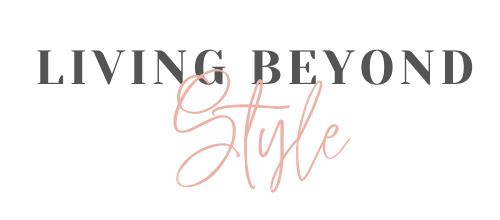
Embracing New Chapters: M...
June 12, 2024

You’ve recently graduated, you owe thousands of pesos in student loans, and your first job will likely pay only 10,000 pesos per month. How will you manage your finances and take control of your debt?
Financial consultant Flora L. Williams, Ph.D., professor emerita of consumer sciences and retailing at Purdue University argues that managing your money—even the little you have—wisely isn’t a problem. You may not be making a lot of money when you first start, but as you gain experience, your investment in your education will pay off. They advise students and young professionals to make lifestyle compromises, look for extra income (such as part-time work or graduate assistantships), construct a budget, and start saving and investing as soon as possible. There are resources, tools, and programs that can help you consolidate debt.
Debt is a severe financial issue since it prevents you from getting the most out of your money. You may save the money you spend on loan payments for a rainy day, retirement, or your children’s college tuition. You’ll have more room in your budget after you’re debt-free to work on becoming financially stable.
In the best-case scenario, a lack of financial self-control can rob you of your financial stability. In the worst-case scenario, an impulsive buying mentality can negatively affect other aspects of your life, such as self-esteem, substance misuse, and interpersonal relationships. Yes, exercising restraint can be difficult and tedious, but it also has numerous benefits and advantages, such as the capacity to reach financial goals such as homeownership. The Table Salt NCU Blog, provides an excellent resource on its website that can assist students to comprehend what they’re signing every time they receive a loan.
To add salt to injury, the low annual percentage rate (APR) on your credit card may have been an introductory rate that will increase if the balance is not paid off in full. That’s why, in the blink of an eye, an 8% APR may easily jump to 29 percent.
You’ll have less money to do the things you want to do in life if you’re paying off debt. Unfortunately, many people get deeper into debt as a result of this. They can’t afford to buy stuff because of their debt, so they take out additional loans to make purchases until they run out of options. Paying off your debt breaks the cycle and allows you to spend your money on the things you want.
It’s easy to overlook how charging a cup of coffee here and a new book there can build up throughout the month and get you in trouble if you don’t have a budget. A budget is a useful tool for many people who want to keep their expenditures under control.
It’s easier than you think to create a budget if you don’t already have one. Making a note of how much money you earn in a month, followed by a running total of spending, can be as simple as budgeting. The amount of money you have left will determine how much you can spend. GreenPath Financial Wellness can help you at every stage of your financial journey, you can improve your financial wellbeing.
The more individuals you owe money to, the more bills you’ll have to manage and pay. When you’re debt-free, you’ll receive fewer bills in the mail each month. You’ll just have a few monthly bills to worry about, such as utilities, insurance, and cell phone service—all of which don’t need minimum payments, interest, or long-term commitments.
When balances are paid off each month, credit works effectively, but when it is mismanaged, it may be terrible. Credit cards are useful financial instruments because of their convenience, protection, and incentives. But make sure to examine the hazards before going in over your head.

June 12, 2024

June 19, 2024

November 22, 2024

November 28, 2024

Just the blog I need as a 23yrs old. Thanks for sharing!
This are helpful tips to consider,all our nice and it does really works.